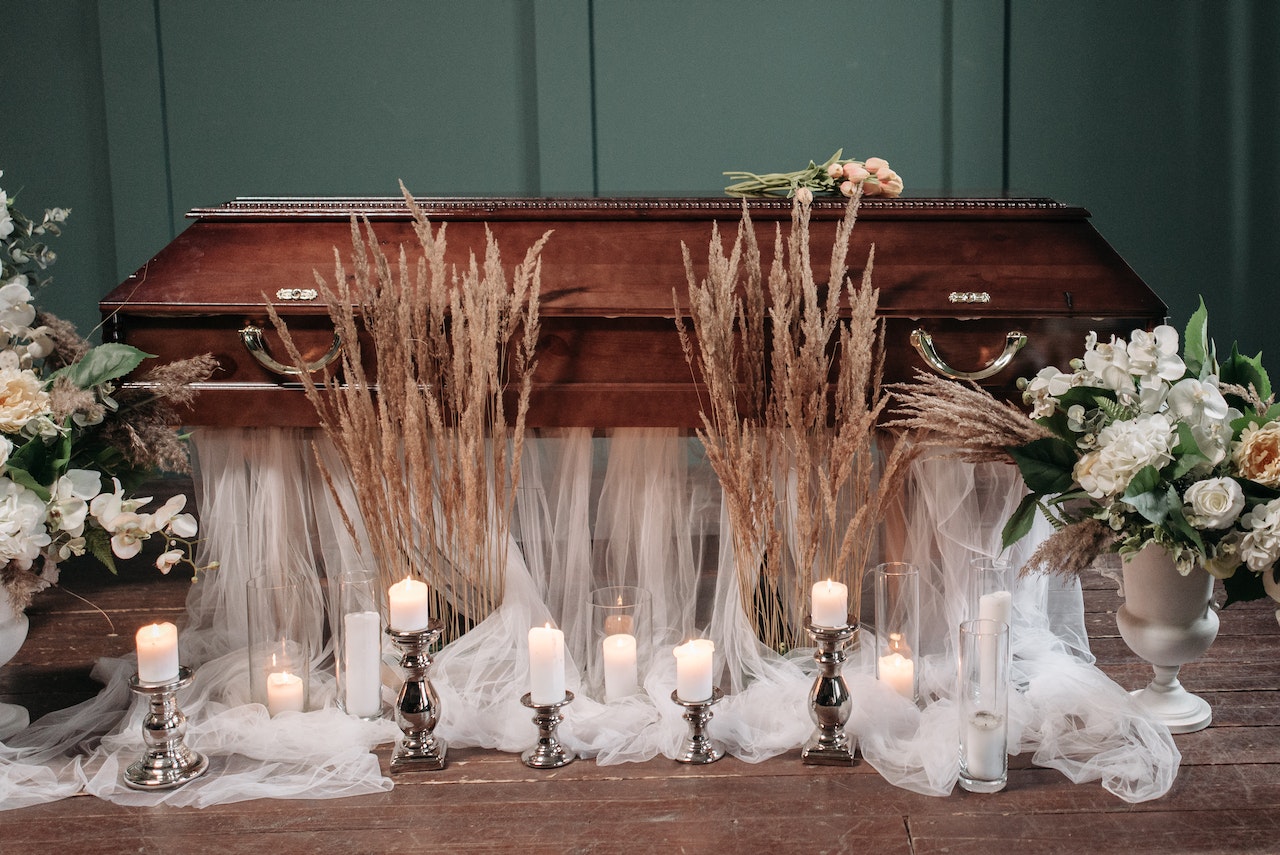Cedric Lodge, ex-Harvard med school manager steals & sells human body parts

Cedric Lodge, 55, from Goffstown, New Hampshire, and a former Harvard Medical School morgue manager was indicted, together with his wife, Denise Lodge, 63, by a federal jury in Pennsylvania for allegedly stealing and selling body parts donated to the institution.
Lodge, who managed the morgue for the anatomical gifts program at Harvard Medical School in Boston, Massachusetts, allegedly stole organs and other body parts “donated for medical research and education before their scheduled cremations.”
He is charged with occasionally transporting stolen remains from Boston to his residence, where he and his wife allegedly sold them to co-defendants Katrina Maclean, 44 of Salem, Massachusetts, and Joshua Taylor, 46, of West Lawn, Pennsylvania, after “making arrangements via cellular telephone and social media websites.”
In a statement released by the Harvard Medical School, Edward Hundert, dean for medical education, and George Daley, head of the faculty of medicine, referred to the alleged instances as “morally reprehensible” and an “abhorrent betrayal.”
In another statement, Middle District of Pennsylvania U.S. Attorney Gerard Karam said that some crimes “defy understanding” and that the “theft and trafficking of human remains strikes at the very essence of what makes us human.”
Lodge and body parts
Body brokers, often known as “non-transplant tissue banks,” make a very successful living off of the sale of human body parts. A complete human cadaver may fetch as little as $1,000 or as much as $200,000 on the open market.
There are very few states that have explicit rules governing such areas, and there is no federal legislation in the United States that prohibits or even regulates the acquisition and selling of human remains for dissection.
The Black market
Given how lucrative the industry of selling human body parts is and how little oversight there is in the United States, this disturbing practice is unlikely to disappear any time soon.
Enjoying this article?
Subscribe to get more stories like this delivered to your inbox.
Funeral businesses frequently take advantage of low-income families that are unable to pay for a conventional funeral.
Due to the enormous demand for human remains, many funeral establishments are all too happy to persuade individuals to donate the remains of a loved one so that they can be sold either officially through body brokers or illegally on the black market.
Read More News
Waiting for Trump: FOUR CENTURIES of prison time
The photo above is from Pexels
Journalist
